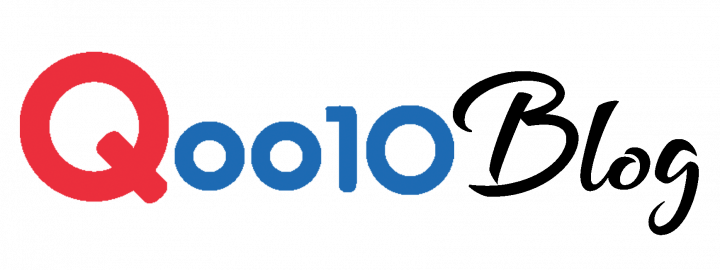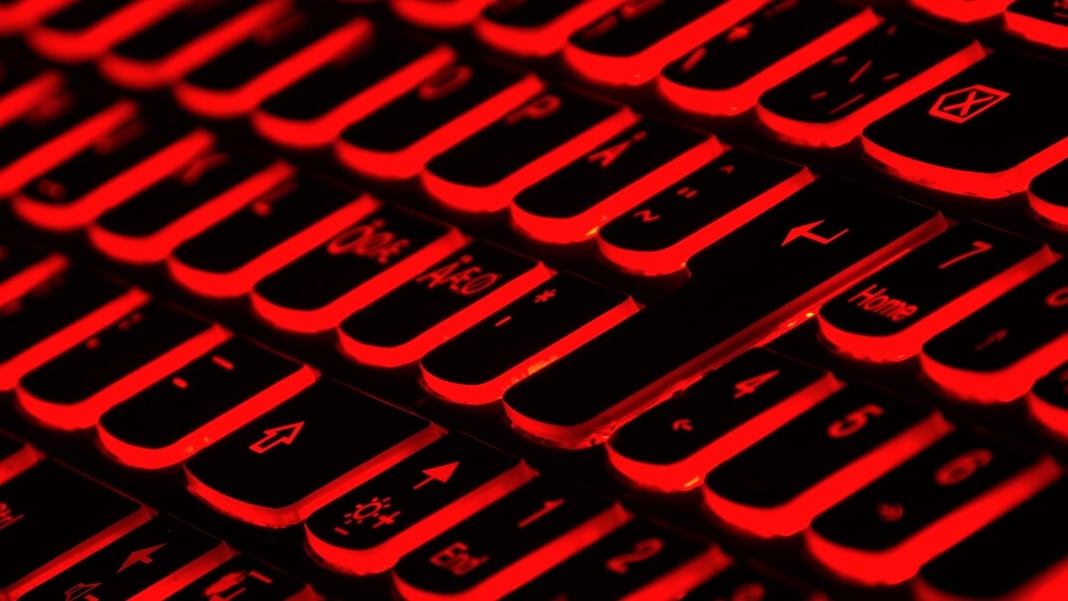The Straits Times recently put out a report on the discovery of a database with details of more than 1,700 credit cards, available for purchase on the Dark Web. These details were said to have been captured from “multiple e-commerce websites that are frequented by Singaporeans” through the use of a skimmer, a software that silently intercepts and captures crucial credit card info.
Being a major online shopping platform, one of Qoo10’s greatest priorities is naturally the safety of our customers’ money – as it should be for any company in our position. We employ vast systems to guard against malicious transactions, illegal products, and scammers. Even so, it would not be honest of any company dealing with online payments and transactions to guarantee a 100% secure transaction system. Technology, especially software, evolves too fast for such a promise.
In light of that, we thought we’d share a few tips and practices that you can consider, to help minimise the risks of cyber thieves stealing your hard-earned cash, or at the very least, messing with your plastics and making life difficult for you.
A dedicated debit card for online shopping

Experts typically advise online shoppers to isolate their e-commerce activity to one debit card, linked to a separate bank account or stored value system where you can input just enough funds to pay for what you need. Doing so allows you several advantages, like 1) more easily tracking transactions, 2) shutting use of the card down without inconveniencing the other cashless parts of your life, and 3) heavily limiting your losses in the very worst-case scenario of your bank account being emptied out with no recourse.
Of course, we get that this is a very troublesome solution, and defeats pretty much the whole convenience of making purchases and payments online. If you find this method to be too much trouble for you, read on for some other ways you can better protect your money.
PayPal and other digital wallets
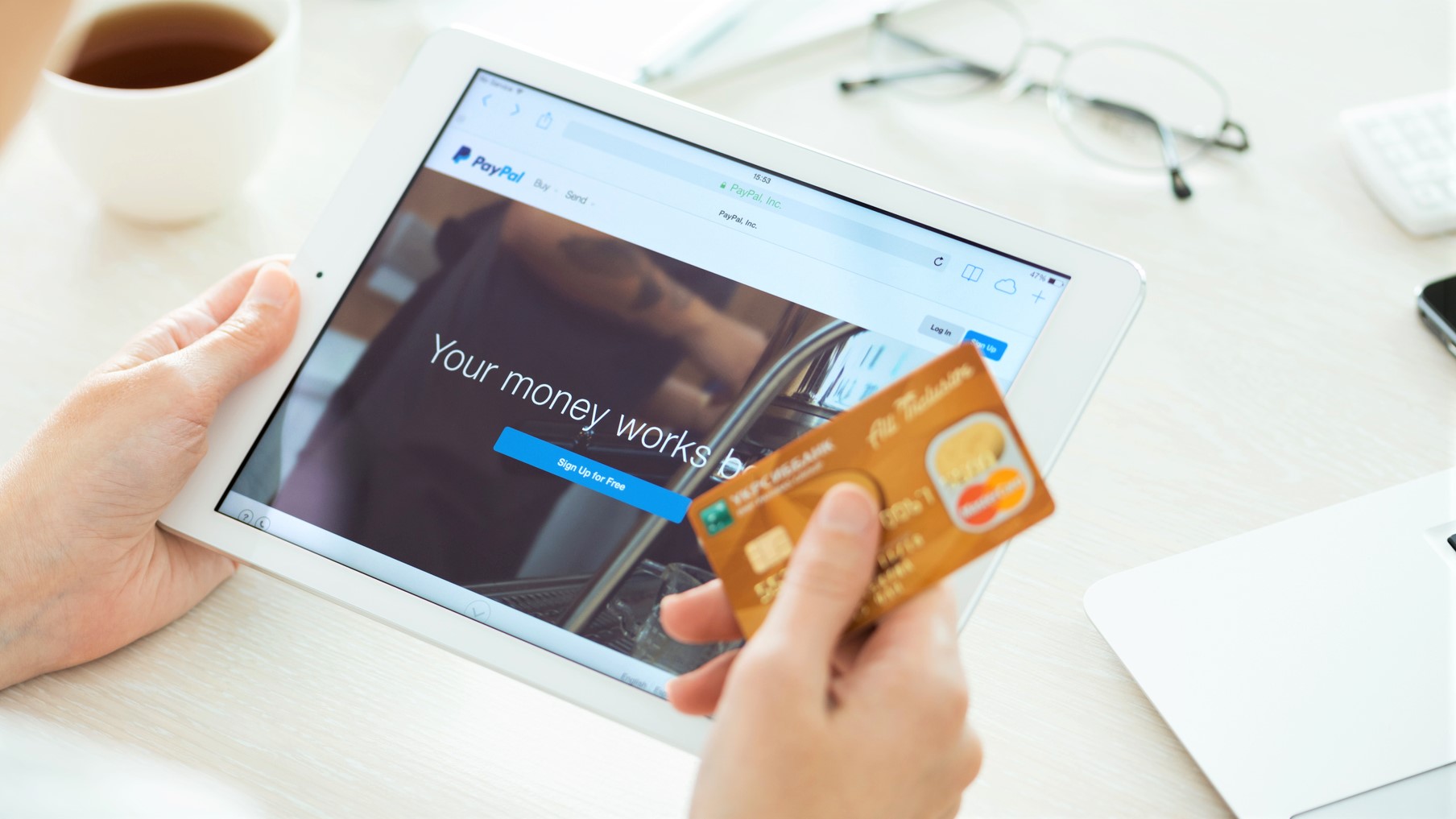
One solution that combines online security measures with relative convenience is digital wallets, such as PayPal, Mastercard’s Masterpass and VISA’s Checkout. These modern solutions include loads of extra security barriers such as two-factor authentication (2FA) to prevent unauthorised transactions from going through.
And protip – PayPal is a service that sides heavily with buyers. Whenever customers file a fulfillment complaint or payment dispute, they are almost guaranteed to get their money refunded by PayPal. That’s a huge layer of assurance for shoppers, who can make their purchases without worrying about any funny business dodgy merchants may try to pull.
That said, don’t take PayPal as a convenient excuse not to do your due diligence! Always better to be safe than sorry.
Know your protocols
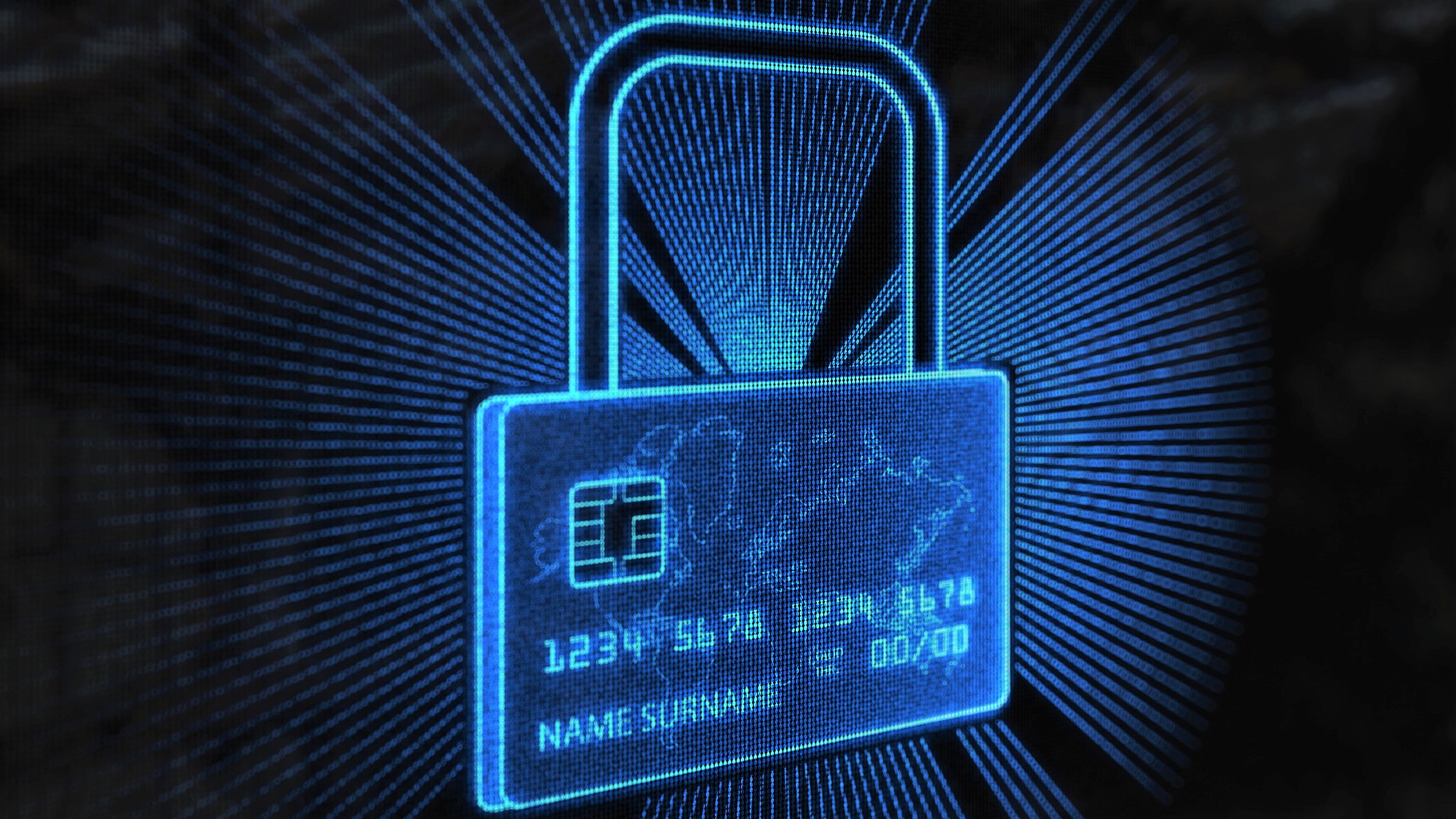
How familiar are you with the steps you should take, in the event that your card or bank account has been compromised? What number should you call? Do you already have it saved in your phone? What kind of personal details will the bank or credit card company need to verify your identity, and execute your requests?
Just like any other crisis protocol, ensuring that such details and processes are fresh in your head, or stored in a convenient location, can save you precious hours and minutes, helping to minimise your exposure to cyber criminals in the event of a breach. Sure, it takes effort, but no one ever said security was a breeze.
Escrow

Wait what? No not this crow lah. Escrow.
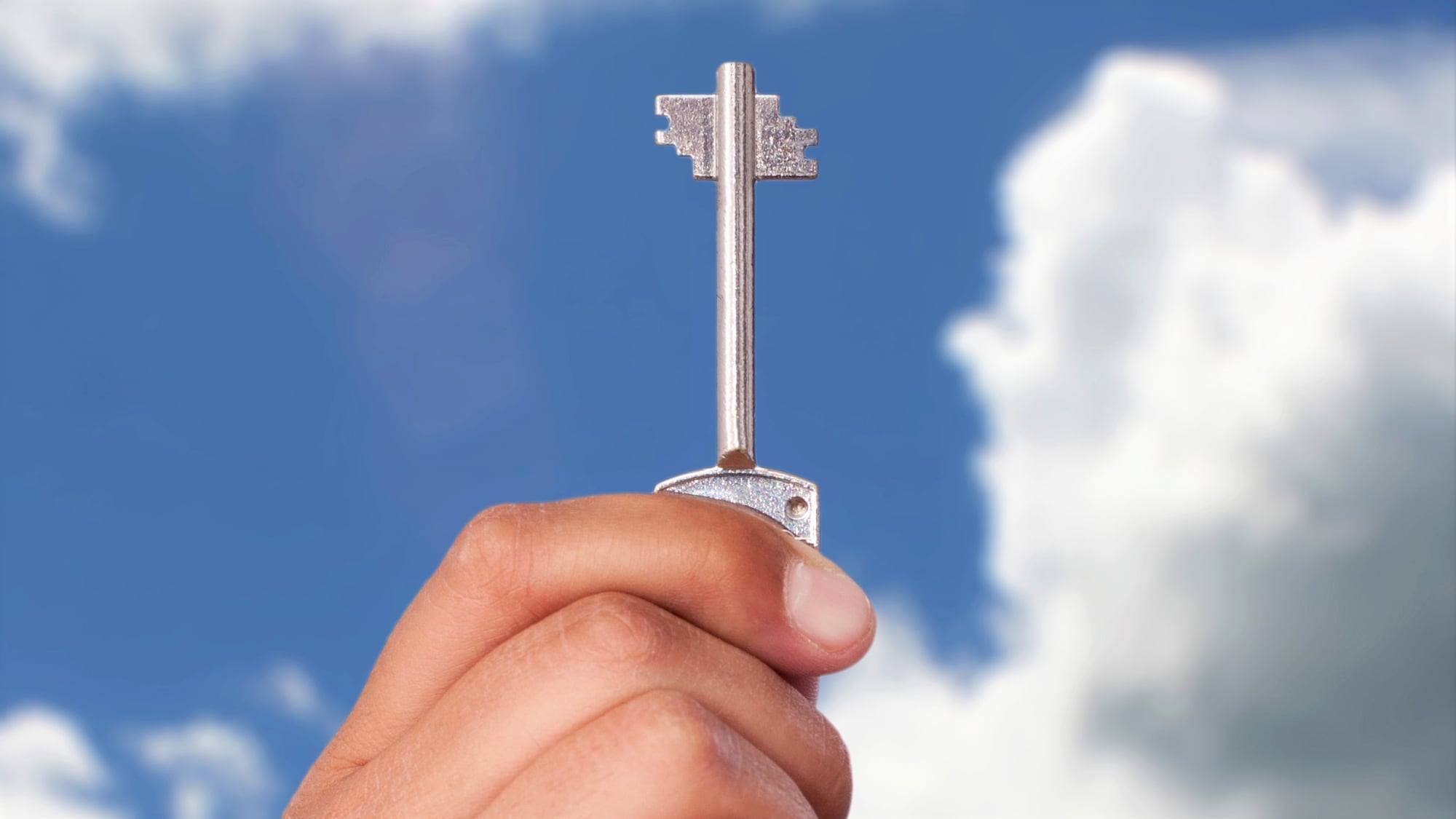
To escrow is to keep something in the custody or trust of a third party, until a specified condition has been fulfilled.
At Qoo10, even though buyers are immediately charged for their purchases, we will withhold this money from the merchant until the buyer confirms the delivery, or until proof of delivery has been presented, and no disputes have been made by the seller for 14 days. This way, in the event of a transaction dispute, Qoo10 can look into the complaint, and if necessary, easily return the purchase costs right back to the buyer.
Most online marketplaces worth their salt use escrow as a key principle of managing the transaction chain. Check their customer service and refund processes to see whether you are being sufficiently protected or not.
While e-commerce platforms like Qoo10 will and always will do everything in their power to maintain a fair system of trust between buyers and sellers, everyone will always have their part to play in safety, off or online. The steps we’ve discussed above can help you take a more active role in your own internet safety.
